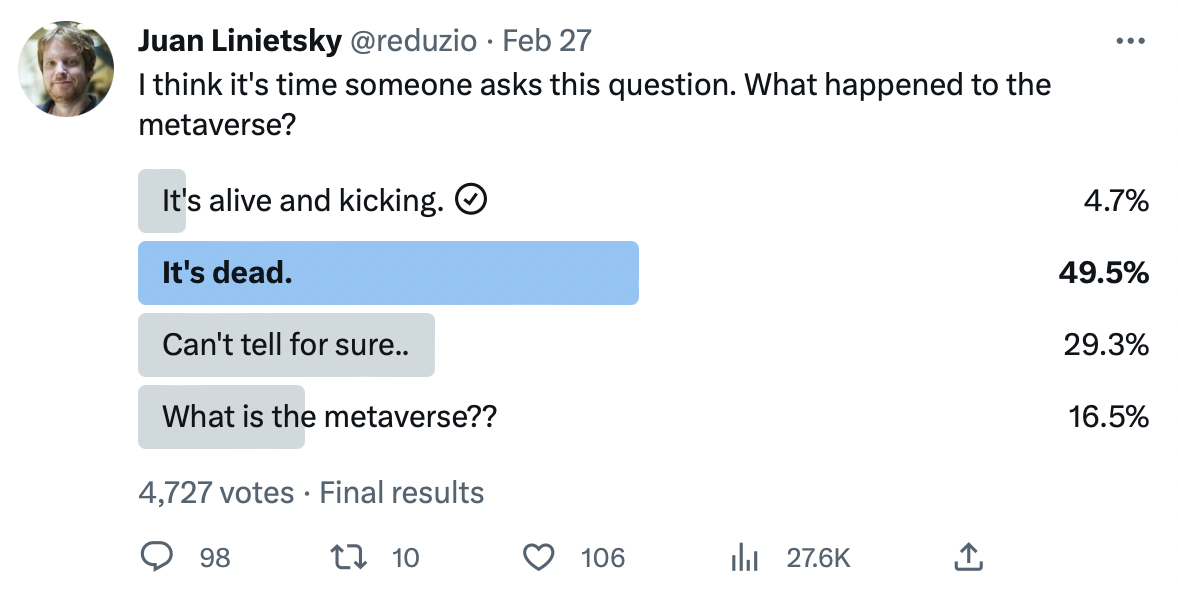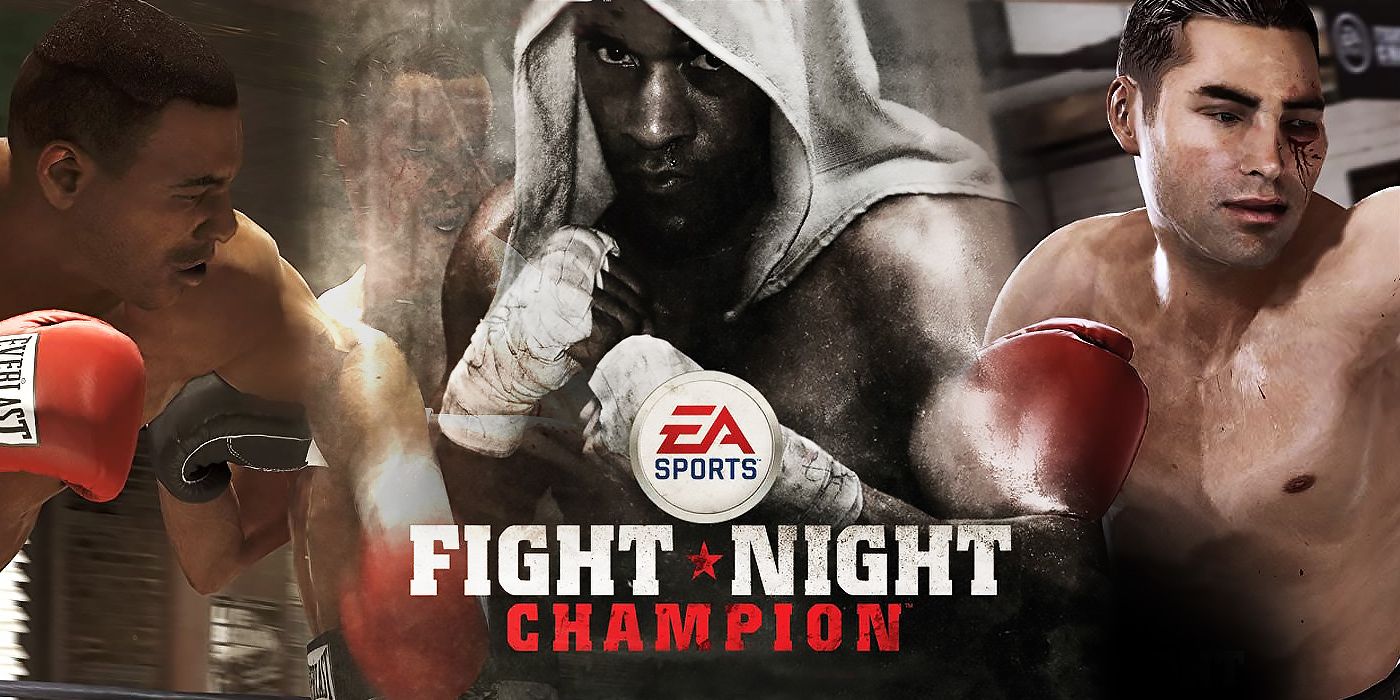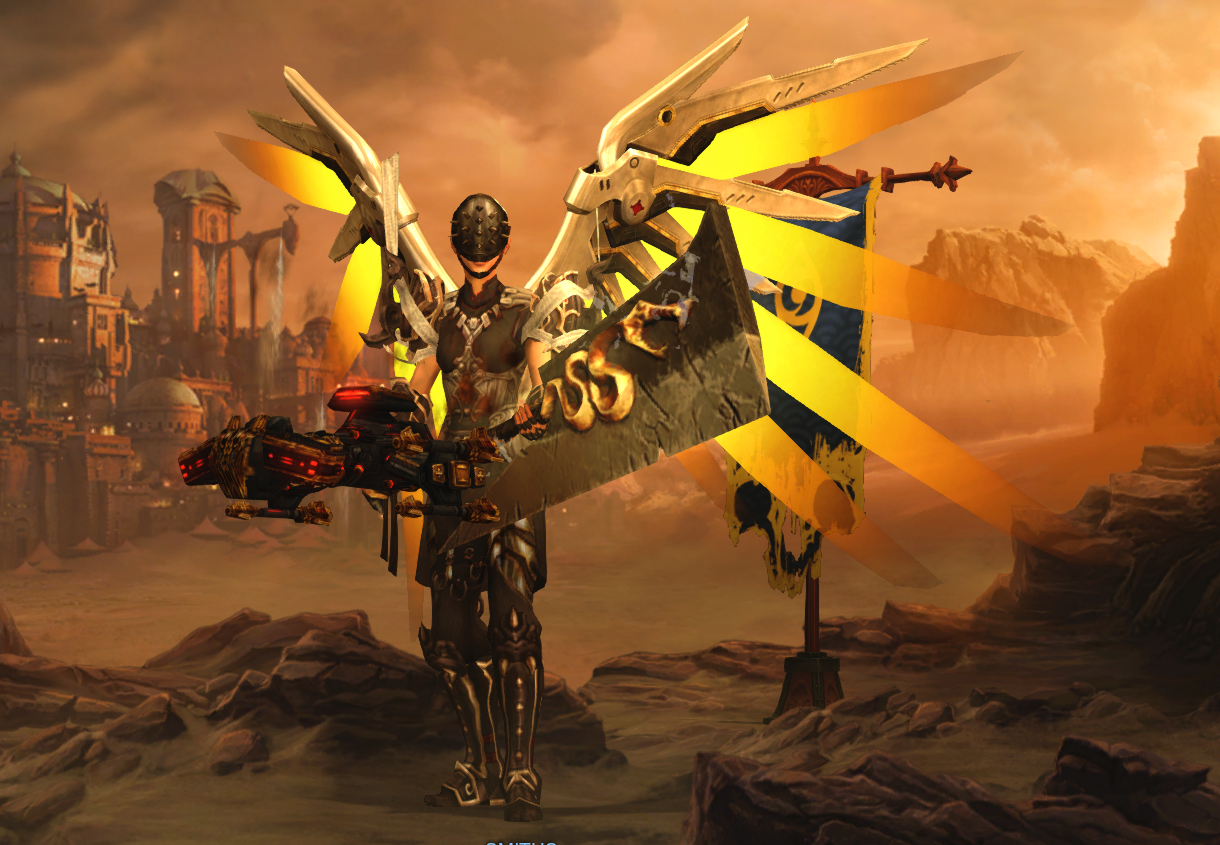Don’t you hate it when words get stolen? Now, we won’t ever have a “web 3”, that version number has been irredeemably coopted by scammers or worse, tech-bros that live a delusion of changing the world with their code, blindly following their ideology without ever trying to connect to the humanity code’s meant to serve.
Well, this is what happened to “the metaverse”. It didn’t help that it never had a solid definition, to begin with (I tried to craft one here), and then the hype train came and EVERYTHING needed to be marketed as either a metaverse or for the metaverse.
 |
| The straw that broke this camel's back... |
The final nail in the word’s coffin fell down when notoriously, a big social networking company, looking at the data on its userbase and monetization trending down, decided it was the time for a BOLD move, stole the word, and decided to rush all-in making huge investments in all sort of random things that looked metaverse-y, just throwing in the trash the innovator’s dilemma and its solution.
But if I told you that, hidden in plain sight, this idea of the metaverse is actually rather obvious, even mundane, and all you need to do is to sit down and observe what has been going on… with people.
Trends in the gaming industry.
I’m not the best person to wade through the philosophy and psychology of entertainment - how it is fundamentally social, interactive, and important.
And neither I am, even in my field, a historian - so I won’t be presenting an accurate accounting of what happened in the past couple of decades.
I hope the following will be mundane enough that it can be shown even through an imperfect lens, and for familiarity’s sake, I’ll use my own career as one.
I have to warn you: this is going to be boring. All that I’m going to say, is obvious… it’s just that for some reason, I don’t see often all the dots being connected…
Let’s go.
I started working in the videogame industry in the early 2000s. The very tail end of the ps2 era (I never touched that console’s code - the closets I came was to modify some og xbox stuff we were using as we repurposed a rack of old consoles to help certain data bakes), right at the beginning of the 360 one.
 |
| My first game (uncredited) |
What were we doing? Boxed titles. Local, self-contained experiences. Yes, you could play split screen if you happened to have a friend nearby - and that’s incredibly fun, we are social animals after all…
But all in all, you shipped a title, you pressed discs, people bought discs, inserted them in their console, played on the couch, rinse and repeat.
I did a couple of these, then moved from Italy to Canada, to work for EA, a much bigger company, we’re around the middle of the 360/ps3 era now.
What were we doing? Yeah, you guessed it, multiplayer titles. Single-player was still important, local multiplayer was still important, and we were still pressing discs… but we started to move towards a more connected idea of gaming.
 |
| You know I'm still proud of the work on this one... |
We would do DLCs, and support the game longer post-shipping; Communities started to grow bigger as you could connect around a game.
The game you got on disc was not that relevant anymore, was just a starting point, necessarily. There is no way to game-design something that will be played, concurrently, by millions of players. They will break your game, find balancing issues, and so on, so really, the game code was made to be infinitely tweakable, in “real-time” by people monitoring the community and making sure it kept being fun and challenging…
Gaming has always been a community, with forums, magazines, TV shows, and such, but you start seeing all of that grow, people staying with a game longer, sequels to be more important, franchises over single titles…
What’s next?
For me, Ps4/Xbox one, Activision, Call of Duty… Where are we going? E-sports, twitch, youtube. A longer and longer tail of content.
| I do miss the live-action, star-studded fun trailers COD used to make... |
We go beyond tweaking the game post-launch, now, really the success of a game is measured in how well you keep providing interesting content, and interesting experiences with that framework you created.
Games as a service, we see the drop in physical game sales, the move to digital distribution - and with it, the boom of indie game making, of the idea that anyone can create and share.
Even big franchises, with their tight control over their IP, are nothing without the community of creators around them. Playstation “share” et al.
Call of duty is not simply the game that ships in a box, it’s a culture, it’s a scene - a persistent entity even way before it was a persistent gaming universe (only recently happening with WarZone).
And then of course, I moved to Roblox, where I am now - and I guess I should have said somewhere, this is all personal - it’s my view of the industry, not connected with my job there and the company’s goals (Dave started from an educational tool, and from there crafted a vision that has always been quite unique, arguably the reason why now it ended up being ahead, clearer etc...).
 |
| I like the positivity of NoisyButters |
Hopefully, you can see that my point here is more general than what this or that company wants to do...
But again, I moved to Roblox, personally because I liked the idea to be closer to the creative side of the equation, but in general, where are we now?
What’s the new wave of gaming? Fortnite? Minecraft? Among us? Tarkov? Diablo 4? Whatever, you see the trends:
- Games are social, and encourage socialization, they are communities. Effectively, they are social networks, just as clubhouse, instagram, tiktok…
- There are user-created universes “around” the games, even when the game does not allow at all UGC.
- Games live or die based on the supply of content "flowing through" them. They are vehicles for content delivery.
- The in-game world and real world have continuous crossovers, brands, concerts, events, celebrations…
 |
| Why do I play D3? For the transmog fashion of course! And if you haven't played Fortnite / experienced its immense catalog of skins, you're missing out. |
Conclusions.
Yes, all of this has been true in some ways since forever, in a more underground fashion.
MUDs and modding, Ultima Online and Warcraft, ARGs, and LARPing, I know - nothing's new under the sun. But this does not invalidate the idea, it reinforces it, everything that is mainstream today has been underground before...
So, are we surprised that “the metaverse” matters? The idea of crafting the creative space, making a platform for creativity, having the social aspect built-in, to go beyond owning single IPs? To make the youtube of gaming, to merge creation, distribution, and communication? To allow people to create, instead of trying to cope with content demands by having everything in house, in a continuous death march that anyways will never match what communities can imagine?
I have to admit, a lot of ideas I see in this space look incredibly dumb. The equation that the metaverse is AR/VR/XR, that is the holodeck or ready player one, whatever… and look, one day it might even be, in a time horizon that I really don’t care talking about.
 |
| :/ |
But today? Today is mundane, it’s an obvious space that does not need to be created, it’s already here, in products and trends, and will only evolve towards more integrated platforms and better products and so on - but it is anything but surprising.
It’s not science fiction, it’s basic humanity wanting to connect and create.
No comments:
Post a Comment